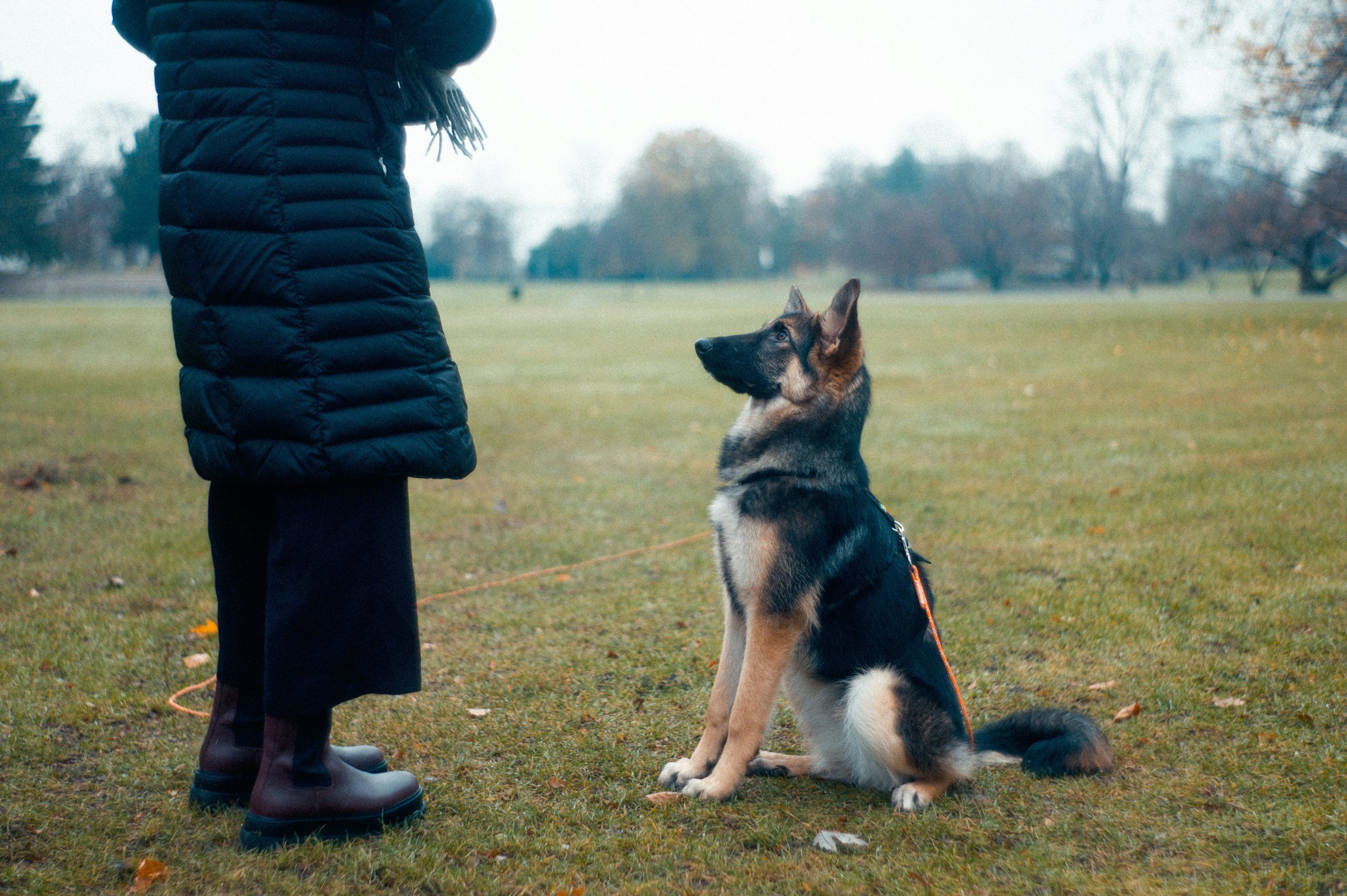
Our Position Statement
Animal Training
When training or handling animals, the Saskatoon SPCA advocates the use of force-free, humane training techniques utilizing evidence-based learning and theories which foster trust and build positive human-animal relationships.
The Saskatoon SPCA is opposed to training methods or devices which employ coercion and force.
Aversive, punishment-based techniques may alter behavior but fail to address the underlying cause and can lead to undue anxiety, fear, distress, pain, or injury.
Definitions
Humane/Force Free Training
Training or caring for an animal without using pain, fear, or physical or verbal intimidation techniques.
Positive Reinforcement
Increasing the likelihood that a behavior will occur by adding something that an animal wants.

The Background of Force Free Training
Behaviour research on animal training techniques supports a force-free methodology.
For dogs, studies indicate that humane techniques are more effective than punishment-based approaches, leading to more positive interactions and better performance in novel tasks.
Punishment-based methods can result in fear responses, reduced bonding, and increased fear-associated behaviors over time.
When working with any animal, preventing behavior issues should be the first approach.
This includes understanding animal learning theory, recognizing critical socialization periods, and facilitating realistic guardian expectations based on an animal’s unique temperament and issues of concern.
The Saskatoon SPCA does not support the use of devices and techniques that cause anxiety, fear, distress, pain, or injury, such as choke chains, prong collars, and shock collars, or physical or verbal intimidation.
These techniques often exacerbate behaviour issues rather than resolve them.

